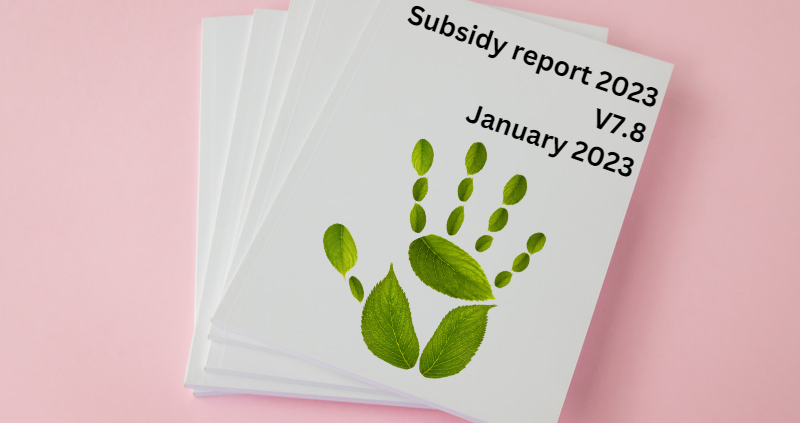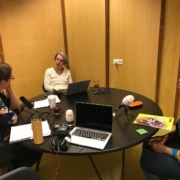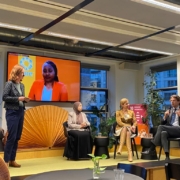Trust the Process: Vinario helps non-profits get finance-ready
By Thomas Ansell
Finding funding is never too far from the mind of a Director, and non-profit organisations obtain their revenue streams from a diverse number of sources. From governmental grants, to funds from foundations; direct project financing to long-term EU funding schemes with multiple acronym names. But, as Jawad Ben Mimoun, a Business Partner at Vinario Advisory & Control (part The Hague Humanity Hub community) explains, receiving a letter or email is just the start of the process.
“Organisations need to think about their control frameworks, reporting mechanisms, and how they manage their risk”, he says. The importance of having the correct protocols, processes, and reporting mechanisms can’t be overstated, says Jawad, as some organisations may tolerate a well-explained mistake, but will no longer want to work with you as a funding partner if it becomes clear that your organisation’s processes are insufficient.
Levels of strictness in reporting
As Jawad sets out, every organisation has a different set of requirements, proofs, and reporting mechanisms for its funding. And varying levels of strictness: “EU funding programmes have the strictest requirements; they will often want to see everything including how purchases are made to support a project. And they have a very strong accounting team in-house. Whilst there are no funding organisations that have looser policies, the more local you look the less strenuous the reporting: national ministries are strict, local governmentsa little less so. But all will require reporting and to see proof that your processes are in order.”
Added to this, there is no flexibility in reporting requirements, says Jawad. “The requirements are really set out in black and white – and they don’t depend on how mature your organisation is.” This can lead to problems, he adds, for organisations who have advanced programming capacity but much less financial and administrative capacity. “This situation can lead to serious problems down the line”, he says.
Processes need to be built from the ground up
But any problems can quite easily be overcome if the right mechanisms and processes are built into an organisation from the beginning, says Jawad. “What is also helpful is that the law and requirements don’t tend to change very regularly. So you know what to expect when setting up your processes”, he adds.
The way that Vinario works to help organisations build up these processes is to begin with an quick scan, says Jawad. “We work together to put the various subsidies into a framework, then move on to all the requirements for these funders. We’ll create a ‘to do’ list of anything that needs to be put in place and co-create the control processes specified; and make a mechanism for project control.”
An Open-door for members of The Hague Humanity Hub
And, says Jawad, it’s not just large organisations that Vinario can help. “Of course, we work with Dutch ministries and huge organisations based in the Netherlands, but we want to assist non-profits of all sizes with their processes. That’s why we’re offering an open-door for organisations affiliated with The Hague Humanity Hub. Feel free to ask us questions, or for some small advice. And if more work is needed we can offer a special rate for our ongoing working relationship!”
Thanks to Jawad Ben Mimoun and Vinario for their insights. For more information about Vinario, check out their website.









